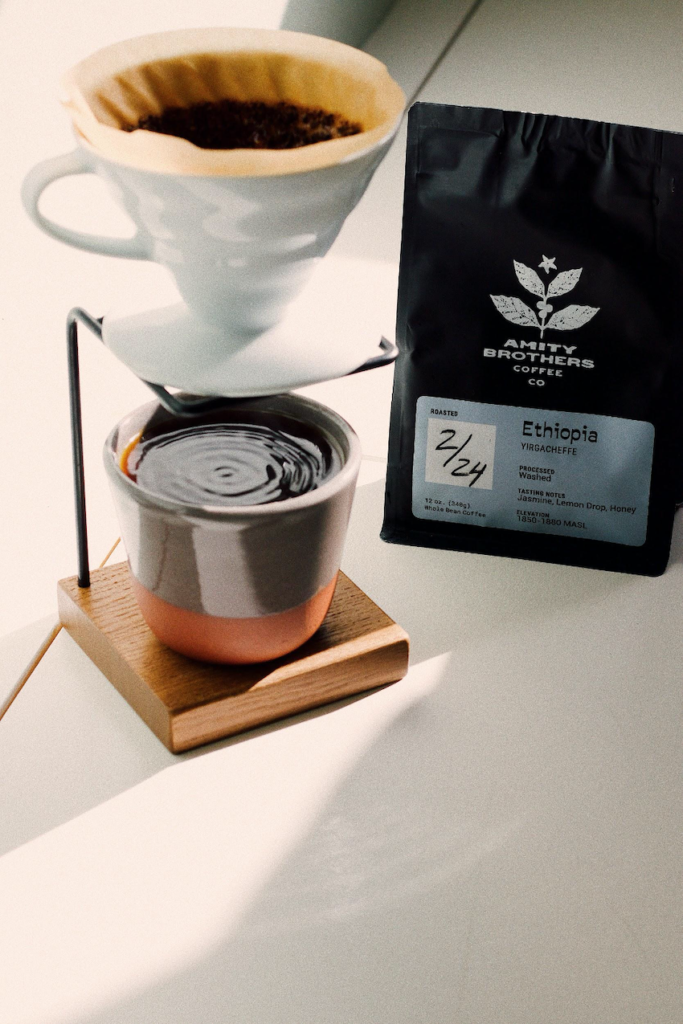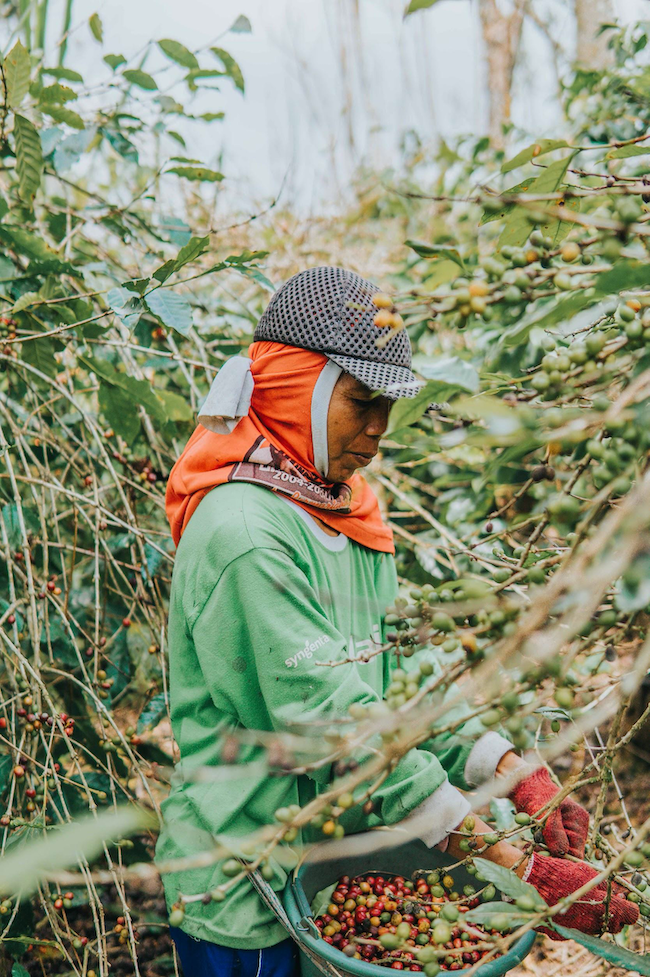
Have you ever wondered why coffee tastes so different depending on where you buy it from? Imagine one day your local coffee shop is closed for maintenance and you end up buying the precious drink somewhere else, but it just doesn’t do it for you. Or who knows, it suddenly tastes a million times better!
Don’t worry, today we will explain why that is. (Spoiler alert, it’s called specialty coffee). The coffee industry has evolved so much in the last 100 years and we are very lucky to be able to enjoy high-quality coffee if we only know where to look for it. But first, let’s take a quick look at what is known as the three waves of coffee.
The Three Waves of Coffee
These three waves refer to the history of coffee as a drink:
The first wave

This wave of coffee focused on convenience more than anything else. All that mattered was the caffeine content of the drink and finding a way to make it taste nice as it seemed quite bitter to most.
Consequently, adding a lot of sugar, milk and cream became a fashion. There was no focus on the characteristics of the coffee bean or what was the best way to bring out their flavour.
The second wave
This wave comes hand in hand with the invention of the espresso machine during the early 20th century. There is a shift to focus from convenience to experience. Starbucks is a famous name for promoting coffee drinking as an experience, educating the customers about the origin of the coffee beans and creating new flavours. However, the bottom line remained the same, the coffee tasted overly sweet due to the addition of syrups, cream and sometimes even ice cream.
The third wave
During the 1980s and as the coffee industry continued to progress, many professionals started focusing on the quality of the coffee beans sourced from farms. This time it was all about the ideal conditions for growing the beans, the most optimal roasting temperature and the development of recipes to achieve high-quality extracted coffee. It wasn’t long after that the Specialty Coffee Association of America was founded. Today, the term ‘third-wave coffee’ is also known as ‘specialty coffee’ and it tastes anything but bitter.
From Bean to Cup – Coffee Production

What makes specialty coffee so special you may ask? It’s all about understanding the bean-to-cup process. Sometimes, as we go about our day and drink our regular cup of coffee, we don’t stop and think how many people might be involved in getting this coffee into our hands.
The truth of the matter is that this coffee has made a really long journey to end up in your favourite mug and yes, there are many people involved in that process. Let’s have a look:
The Farmer: As you probably guessed, it all starts at the coffee farm. Various aspects like the country, the climate, the altitude and the biodiversity around the farm play a role in the flavour profile of the coffee bean. The farmers need to be very knowledgeable about their farm in order to cultivate it properly and harvest high-quality coffee beans.
The Green Coffee Buyer: people who work as green coffee buyers are certified in evaluating the quality of coffee beans and determining if they can be considered a specialty coffee. The Specialty Coffee Association has set a standard grading method out of a 100 and coffee must score 80+ to be certified as ‘specialty’. Another task they perform is to roast small quantities of beans so they can taste and develop their notes, for example, coffee might taste fruity or nutty.
While we are on the topic of ‘green’ and ‘coffee’, check out or green coffee beans article.

The Roaster: We all know the coffee beans are roasted before they are brewed but it is not as simple as we might think. Roasters need to create roast profiles that will enhance the flavours of the coffee bean. These roast profiles are not the same for all coffee beans.
The aspects that the roasters need to take into account are the coffee beans’ country of origin and the suggestions by the green coffee buyer regarding the flavour notes. For example, a roaster would use a different roast profile for Ethiopian coffee beans to coffee beans from, let’s say, Honduras.
The Barista: people who work as baristas represent the last link between the coffee industry and the customer. Baristas who work in specialty coffee are generally knowledgeable about the coffee they have on offer. It is their task to educate the customer about the coffee and to know the best way to brew it. Part of their job is to develop recipes, taste new coffee regularly, craft unique drinks and advise the customer on all things coffee.
The customer: the full circle of coffee from bean to cup concludes with you, the customer. It’s all about making informed choices regarding the coffee you buy. Just as you want the freshest ingredients for your dinner, why wouldn’t you want the highest quality beans for your coffee? By asking questions and letting your barista advise you, you can discover new aspects and flavours in coffee and contribute to maintaining high-quality standards within the specialty coffee industry.
What does it all mean?

If you’re still wondering what specialty coffee is truly about, the answer is simple: transparency throughout all the stages of the bean-to-cup process. That’s essentially how specialty coffee differs from general commodity coffee.
This attention to detail brings out the unique flavours of the coffee beans in your drink and once you taste it you won’t be able to go back to coffee that leaves a burnt and bitter flavour in your mouth. Instead, you will drink coffee from Brazil and Colombia that tastes like chocolate and hazelnuts and coffee from Ethiopia that tastes like blueberry and jasmine.
These are natural flavours of coffee that shine through simply because the beans have been treated with exceptional care. Lucky for us, it is easy to find specialty coffee these days. There are a lot of coffee shops dedicated to quality coffee and the baristas there are waiting for you to ask them loads of questions. So now that you know all this, it’s time to get out there and discover what high-quality coffee truly means!




